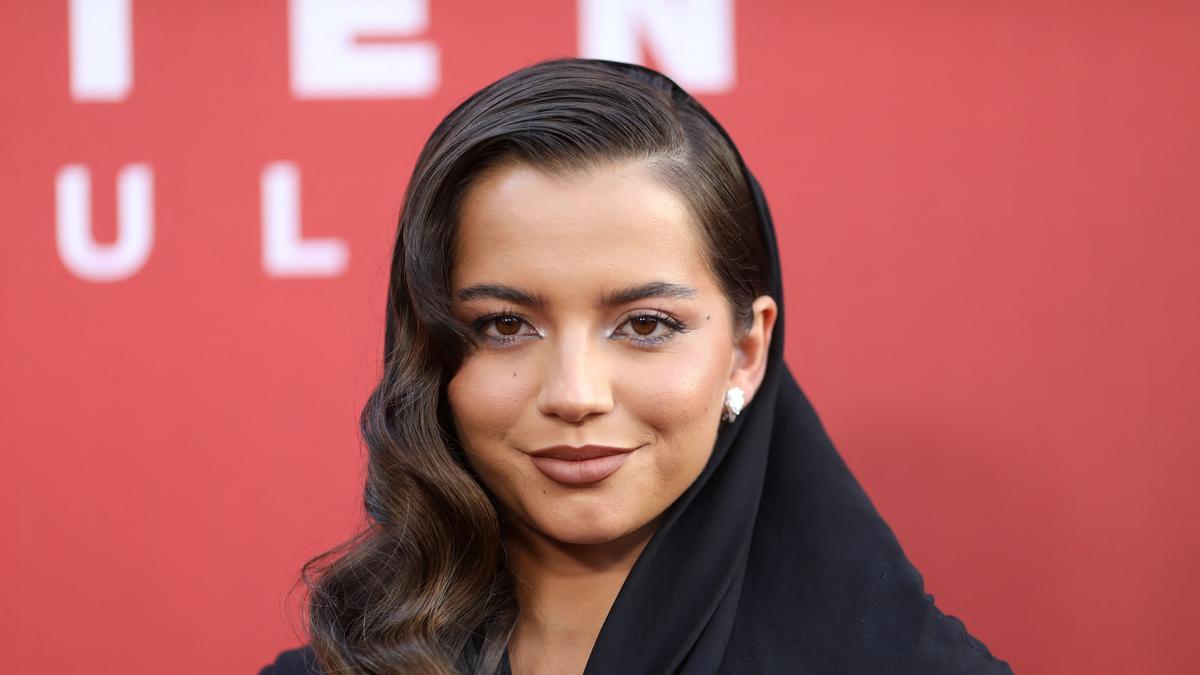
Isabela Merced recently opened up about the intense fan reactions surrounding the upcoming second season of “The Last of Us,” with a particular focus on her co-star Kaitlyn Dever. During an appearance on Josh Horowitz’s “Happy Sad Confused” podcast, Merced discussed the unique challenges Dever faced on set because of the strong feelings that fans have about her character, Abby.
Abby, set to be portrayed by Dever, is a central character in “The Last of Us: Part II” game and has become notorious for actions that have deeply divided fans. This polarization in the fanbase has translated into real-world challenges; according to Merced, Dever required heightened security while filming because of the intense backlash against her character. “There are people that genuinely hate Abby, who is not a real person,” Merced remarked, emphasizing the extreme fan reactions.
Despite the negative attention directed towards the character, Merced praised Dever for her resilience and professionalism. She described Dever as “such a cool person” who remains unfazed by the swirling controversy. Merced even expressed her admiration for Dever’s performance, stating, “Give her the damn Emmy honestly. I’m so excited for people to see how incredibly well Bella [Ramsey] and Kaitlyn did on this.”
As the season nears completion, Merced hinted that she’s particularly excited for fans to see the evolving romance between her character Dina and Ellie, played by Bella Ramsey. She shared that the on-screen relationship brought her to tears and contributed to the emotional depth of the show. Merced even curated a playlist to set the mood on set, which encapsulates the intensity and passion of the scenes involving Dina and Ellie’s relationship.
Reflecting on the pressures of dealing with dedicated fandoms, Merced acknowledged that it’s impossible to please everyone. She said her main focus remains on delivering a powerful performance, regardless of public opinion. With “The Last of Us” season two and her role as Hawkgirl in “Superman: Legacy” on the horizon, Merced appears well-prepared to face the challenges posed by passionate audiences.
.
The preparations and increased security measures on set underscore the extent of fan engagement with “The Last of Us” series. The fan reaction to Abby, a character marred by morally grey actions and controversial decisions in the game, reflects how video game narratives can deeply affect their audiences. Merced’s insights reveal a fascinating behind-the-scenes view of how showrunners and actors navigate the complexities of adapting beloved yet divisive characters from source material to screen.
Additionally, Merced’s remarks about her own character provide a glimpse into the emotional narrative threads that will unfold in the second season. The evolution of Dina and Ellie’s relationship is a significant storyline in the game, and the showrunners appear to be capturing that emotional weight authentically. Merced’s emotional connection to the role and her efforts to embody Dina paint a picture of a passionate actor dedicated to bringing the character to life in a way that resonates with fans.
The interview also sheds light on Kaitlyn Dever’s ability to balance the intense scrutiny with her dedication to the craft. Despite needing increased security measures, Dever’s focus remained unwavering. The glowing praise from Merced and the anticipation surrounding Dever’s performance suggest that her portrayal of Abby will be a defining aspect of the upcoming season.
As anticipation builds for the second season, the conversation steered by Merced on the podcast reaffirms the high stakes involved in adapting complex video game characters for television. It also highlights the profound impact these characters have on their audiences, for better or worse.
While fan reactions might be extreme, they are undoubtedly a testament to the powerful storytelling and emotional investment “The Last of Us” elicits. For the cast and crew, the challenge lies in navigating this fervor while staying true to the narrative’s essence.
In summary, the upcoming season of “The Last of Us” promises to be both a critically acclaimed production and a cultural phenomenon, shaped by the passionate interactions between its creators and viewers. Against this backdrop, Isabela Merced’s reflections underscore the commitment and resilience required to bring these intricate stories to life amid both acclaim and controversy.












